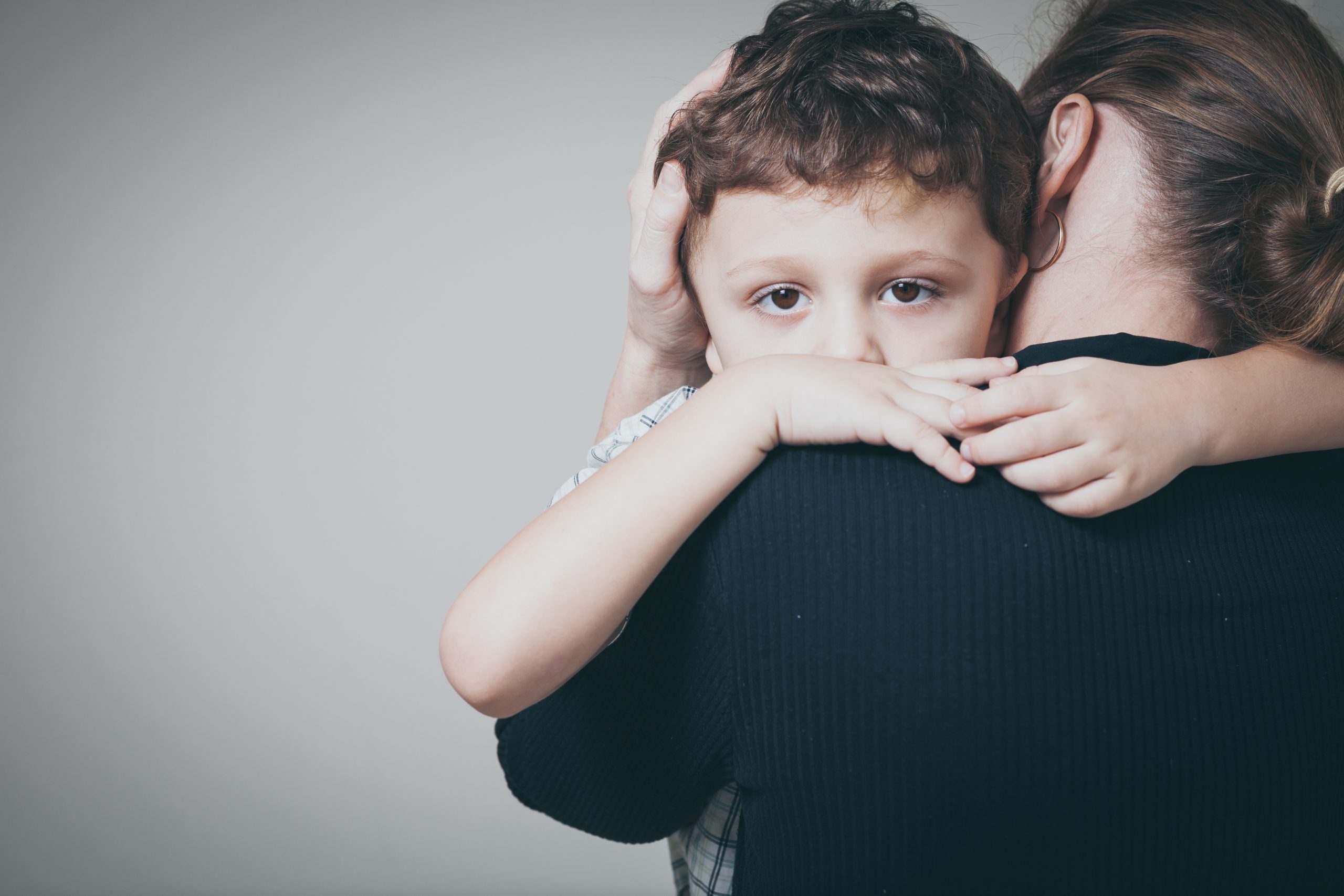Section 72 (2) of the Child, Youth & Family Services Act
Despite the provisions of any other Act, if a person, including a person who performs professional or official duties with respect to children, has reasonable grounds to suspect one of the following, the person shall forthwith report the suspicion and the information on which it is based to a society:

- The child has suffered physical harm, inflicted by the person having charge of the child or caused by or resulting from that person’s,
- Failure to adequately care for, provide for, supervise or protect the child, or
- Pattern of neglect in caring for, providing for, supervising or protecting the child.
- The child has suffered physical harm, inflicted by the person having charge of the child or caused by or resulting from that person’s,
- Failure to adequately care for, provide for, supervise or protect the child, or
- Pattern of neglect in caring for, providing for, supervising or protecting the child.
- There is a risk that the child is likely to suffer physical harm inflicted by the person having charge of the child or caused by or resulting from that person’s,
- Failure to adequately care for, provide for, supervise or protect the child, or
- Pattern of neglect in caring for, providing for, supervising or protecting the child.
- The child has been sexually molested or sexually exploited, by the person having charge of the child or by another person where the person having charge of the child knows or should know of the possibility of sexual molestation or sexual exploitation and fails to protect the child.
- There is a risk that the child is likely to be sexually molested or sexually exploited as described in paragraph 3.
- The child requires medical treatment to cure, prevent or alleviate physical harm or suffering and the child’s parent or the person having charge of the child does not provide, or refuses or is unavailable or unable to consent to, the treatment.
- The child has suffered emotional harm, demonstrated by serious:
- Anxiety
- Depression
- Withdrawal
- Self-destructive or aggressive behaviour, or
- Delayed development,
and there are reasonable grounds to believe that the emotional harm suffered by the child results from the actions, failure to act or pattern of neglect on the part of the child’s parent or the person having charge of the child.
- The child has suffered emotional harm of the kind described in subparagraph a, b, c, d or e of paragraph 6 and the child’s parent or the person having charge of the child does not provide, or refuses or is unavailable or unable to consent to, services or treatment to remedy or alleviate the harm.

- There is a risk that the child is likely to suffer emotional harm of the kind described in subparagraph a, b, c, d or e of paragraph 6 resulting from the actions, failure to act or pattern of neglect on the part of the child’s parent or the person having charge of the child.
- There is a risk that the child is likely to suffer emotional harm of the kind described in subparagraph a, b, c, d or e of paragraph 6 and that the child’s parent or the person having charge of the child does not provide, or refuses or is unavailable or unable to consent to, services or treatment to prevent the emotional harm.
- The child suffers from a mental, emotional or developmental condition that, if not remedied, could seriously impair the child’s development and the child’s parent or the person having charge of the child does not provide, or refuses or is unavailable or unable to consent to, treatment to remedy or alleviate the condition.
- The child has been abandoned, the child’s parent has died or is unavailable to exercise his or her custodial rights over the child and has not made adequate provision for the child’s care and custody, or the child is in a residential placement and the parent refuses or is unable or unwilling to resume the child’s care and custody.
- The child is less than 12 years old and has killed or seriously injured another person or caused serious damage to another person’s property, services or treatment are necessary to prevent a recurrence and the child’s parent or the person having charge of the child does not provide, or refuses or is unavailable or unable to consent to, those services or treatment.
- The child is less than 12 years old and has on more than one occasion injured another person or caused loss or damage to another person’s property, with the encouragement of the person having charge of the child or because of that person’s failure or inability to supervise the child adequately.
- The child’s parent is unable to care for the child and the child is brought before the court with the parent’s consent and, where the child is 12 or older, with the child’s consent for the matter to be dealt with under this part or;
- The child is 16 or 17 and a prescribed circumstance or condition exists.
